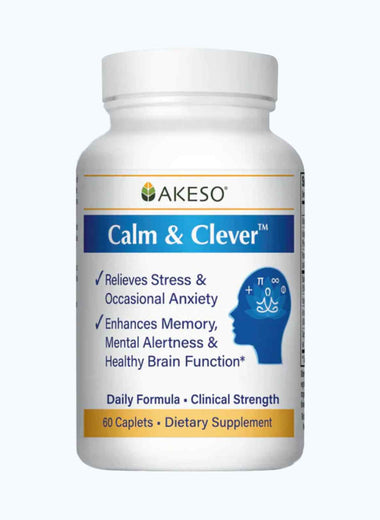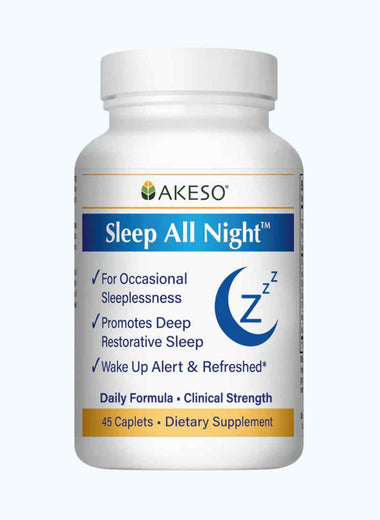Stress and Anxiety – Thieves Stealing Today and Tomorrow’s Quality of Life and Health:
Are you protecting yourself from the ravaging effects of stress and anxiety?
As I started to write this article, the thought came to me that people go to great lengths to protect their “STUFF!” We pay a lot of money to buy insurance and install burglar alarms to make sure we don’t lose our “stuff. “
I like “stuff” (as I get older, I like it less than I used to) but with growing older and hopefully a bit wiser, it’s clear to me that I can’t enjoy my “stuff” nearly as much when I’m stressed or anxious and certainly nowhere near as much if I’m sick or not feeling well.
On-going, daily chronic stress, and anxiety (stress that continues after the stress-causing factor or stressor is gone) is the TRUE thief of our most important “stuff,” the burglar that will steal your day-to-day quality of life. Not only will it steal your ability to feel happy, centered, and peaceful today, and tomorrow, it can steal the number of tomorrows you have as well.
In today’s age, stress is ubiquitous, far more common than iPhone. Truth be told, none of us can avoid it. Things that cause stress can be physical, psychological, or emotional and are by themselves not necessarily bad. Stress is an alarm, a bodily reaction to some set of circumstances that tell us we should consider reacting or doing something about the cause of the stress.

If we didn’t feel the heat (a stressor) we wouldn’t know to remove our hand from a hot frying pan to prevent a burn. The pressure to perform well in our new job is a type of stress that if kept in perspective, can prepare us to perform as well as possible.
So while different types of stress range from being protective to concern about our physical, financial, psychological, and emotional wellbeing, the fact is, we cannot lead a stress-free life. We all know the feeling whether it’s your hands trembling as you flip through an exam or the restless, nervous feeling you encounter when you can’t sleep worrying about approaching deadlines, financial pressures, health, or relationship issues, the sources of stress are endless and pretty much unavoidable.
Though it is not within the scope of this article to be a comprehensive chemistry lesson on stress-induced bodily physiological changes, here is a little background on how the body responds to stress.
Freeze, Flee and Fight
I watched an interesting video recently where a Georgetown University psychology professor described how both people and animals react to fear. She used the 3 verbs: Freeze, Flee and Fight to describe the progression of responses to the fear caused by a stressful situation or event that threatens our safety.
We first freeze to assess the situation and avoid attracting attention to ourselves (predators react to motion).
If we sense we are in imminent danger we will try to “flee” to avoid it and if that is not possible we may have to “fight” to protect ourselves.
All 3 of these actions call for intense focus and the ability to maximize our bodily performance to “flee” as quickly as possible or “fight” as powerfully and effectively as we can.
There is an intricate signaling system in our bodies that occurs when we see or feel something that evokes stress. The triggering of this system starts with the stressor causing nerves to send signals that trigger parts of our brain to send out signals that ultimately cause our adrenal glands to release our two major stress hormones, cortisol and adrenaline (epinephrine) that allow us to physically prepare to react to the stressful conditions.
Adrenaline increases your heart rate and increases your ability to effectively “flee” or “fight”. Cortisol increases blood sugar levels to increase energy sources necessary to react and perform accordingly and increases the body’s ability to heal itself (tissue repair).
In normal conditions, once the threat (stressor) is gone, the body senses it no longer needs to be pumping out cortisol and adrenaline and they decrease back to baseline levels and life goes on.
These hormonal responses are protective in the short-term until the immediate stressful situation is resolved. But what happens when these responses don’t stop even though the stress-causing event is gone or other newly perceived threats (stressors) replace the original one or when anxiety sets in because you are anticipating new threats even though none may be currently occurring?
One statement that is generally correct when it comes to maintaining optimal health is: “Anything in excess is usually not a good idea.” For example, we all know that moderate, consistent exercise can build up the body and the immune system… while over-exercising can breakdown the body and lower immune function.
The same thing applies when our stress response is “chronically” on and levels of cortisol and adrenaline remain consistently elevated. Chronically elevated levels of cortisol and adrenaline can lead to the following health condition or at least significantly increase the risk of developing them:
- Increase healing times
- Impair brain functions like memory and possibly increase the risk of dementia and Alzheimer disease
- Increase susceptibility to infection
- Increase risk of hypertension and cardiovascular disease
- May increase the risk of certain types of cancers
- Decrease thyroid function
- Cause accumulation of visceral/abdominal fat
- Cause depression
- Digestive problems
- Sleep issues
- Compromised immune function
- Increased belly fat, obesity with increased risk of diabetes
- Impair brain function
How chronic stress can impair cognition and memory, is of interest to tens of millions of people.
Complaints about declining or failing memory are verbalized frequently by middle-aged and older people all the time.
“I can’t remember where I put the car keys,” “I forgot my own telephone number”, “I saw this famous movie star and just couldn’t remember his name”, but it is surprising to learn that research shows that relatively young people in the mid to late 20’s begin to complain about spotty or declining memories. Whether this is due to solely stress or a combination of stress and aging is not easy to deduce.
One of the scourges of modern medicine is the alarming rate of people who are developing dementia and progressing to Alzheimer’s disease. Research has shown that “stress” plays a role in this phenomenon.
A very important part of the brain which is involved in memories and cognitive performance is the hippocampus. Studies have shown that chronically elevated levels of cortisol can lead to hippocampal atrophy (shrinking) which is associated with dementia and Alzheimer’s disease.
What You Need To Know To Stop Stress from Robbing Your Memory, Your Health, Your Quality of Life, and Your Future

Research shows that consistent, moderate exercise, meditation, light yoga, deep breathing, and massage (just to name a few options) can help to reduce your stress levels.
There are many dietary supplements that have been tested in humans (not mice, not rats, not rabbits, not cells in a petri dish) in well-designed double-blind, placebo-controlled randomized clinical trials, that have been published in peer-reviewed scientific and medical journals that show significant ability to help reduce stress and anxiety, help improve memory and cognitive function and address the brain shrinkage that is associated with aging, dementia and Alzheimer’s disease.
Some of the most effective dietary supplements for stress, anxiety and the impact they have on cognitive function and recall are:
- Vitamin C
- Pyridoxal-5-Phosphate (Vitamin B-6)
- Pantothenic Acid
- Bacopa Monnieri
- Huperzine A
- Ashwagandha
- Sage
A convenient all-in-one combination supplement containing each of the 7 nootropic and anxiolytic ingredients listed above is Akeso Health Sciences’ “Calm & Clever”.
Armed with this information, you will be able to stop the “stress and anxiety” thieves cold in their tracks.
Here’s to your vibrant health and future!
Curt Hendrix, M.S., C.C.N., C.N.S.






